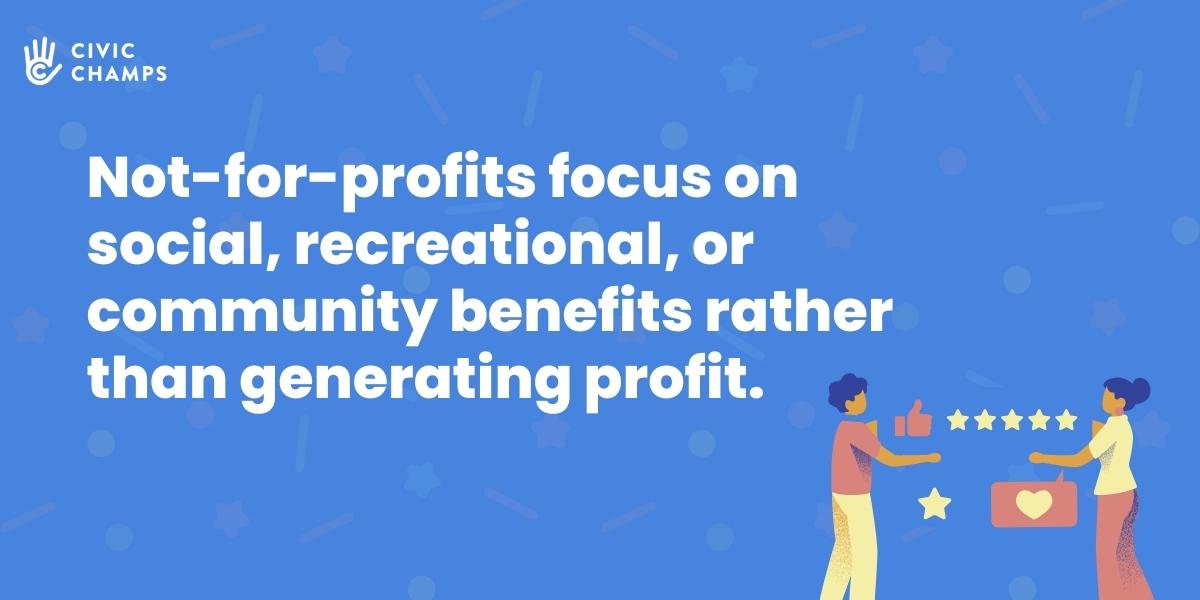Understanding the rules governing charities in Canada is crucial for organizations aiming to make a positive impact. Charities must navigate a complex landscape of regulations to ensure compliance and maintain their status. This article provides a comprehensive overview of the essential rules for charities in Canada, including types, requirements, regulatory bodies, and the operational framework for charities.
What are the three types of charities in Canada?
In Canada, charities are categorized into three distinct types, each with specific characteristics and regulatory requirements:
- Registered Charities: These organizations are registered with the Canada Revenue Agency (CRA) and have the authority to issue tax receipts for donations. Registered charities must operate for charitable purposes and demonstrate that their activities benefit the public.
- Public Foundations: These charities primarily receive funding from the public and are responsible for distributing funds to other charities. Public foundations play a vital role in supporting various charitable initiatives and must adhere to CRA regulations.
- Private Foundations: Funded by a single source, such as an individual or family, private foundations have specific operational rules. They typically focus on grant-making and must comply with regulations set forth by the CRA regarding their funding and distribution practices.
What are the requirements for a charity in Canada?
To be recognized as a charity in Canada, organizations must meet several key requirements:
- Must operate for charitable purposes: Charities must demonstrate that their activities serve the public benefit. This includes providing services or support that address societal needs.
- Registration with CRA: Organizations seeking charity status must apply to the CRA and meet its criteria. This process involves submitting detailed information about the organization's structure, governance, and planned activities.
- Compliance with regulations: Charities are required to adhere to the rules established by the CRA, which include financial reporting, governance standards, and operational transparency. Regular audits and compliance checks are essential to maintain registered status.
- Maintain the charity's status as a legal entity: A registered charity that is constituted federally, provincially, or territorially must meet other specific requirements (in addition to the requirements of CRA) in order to maintain its status as a legal entity. This may include annual filing and/or annual fees. A registered charity should check with the relevant authorities to verify these additional requirements. (Canada Revenue Agency)
Who regulates non-profit organizations in Canada?
In Canada, the regulation of non-profit organizations, including charities, involves multiple authorities:
- Canada Revenue Agency (CRA): The CRA is the primary regulator for registered charities, overseeing compliance with tax laws and ensuring that organizations adhere to their charitable purposes. The CRA also provides guidance and resources to help charities understand their obligations.
- Provincial Governments: Depending on their activities, non-profit organizations may also be subject to provincial regulations. Each province has its own set of rules governing the operation of non-profits, which can include registration requirements and operational guidelines.
- Industry Standards: Various organizations and coalitions provide best practices and guidelines for non-profits. These standards help organizations operate effectively and ethically within their communities.
How do not-for-profits work in Canada?
Not-for-profits in Canada operate under a different framework than registered charities:
- Purpose: Not-for-profits focus on social, recreational, or community benefits rather than generating profit. Their activities are designed to serve specific community needs or interests.
- Tax Obligations: Unlike registered charities, not-for-profits are generally required to pay taxes in Canada unless they qualify for specific exemptions. This distinction is important for organizations to understand as they plan their financial strategies.
- Governance: Not-for-profits are governed by a board of directors and must adhere to their own bylaws and regulations. This governance structure ensures accountability and transparency in their operations.

Enhancing Volunteer Management for Charities
For charities aiming to streamline their operations and enhance their volunteer engagement, leveraging technology can be a game-changer. Civic Champs offers a powerful volunteer management software platform designed specifically for nonprofits. This software is engineered to make an impact by tripling the size of nonprofit volunteer programs.
By incorporating Civic Champs into your organization's operations, you can effectively manage and coordinate volunteers, leading to increased engagement and a more significant impact in your community. The platform simplifies the volunteer sign-up process, streamlines communication, and provides valuable insights into volunteer activities, ensuring that your organization can focus on what matters most—making a difference.
To learn more about how Civic Champs' Volunteer Management Software for Canadian Nonprofits works, book a demo today and discover the easiest use of volunteer management software tailored to your needs.

As CEO of Civic Champs, I lead our team of passionate change leaders to create technology solutions to create a seamless and rewarding volunteering experience for both volunteers and service organizations.




